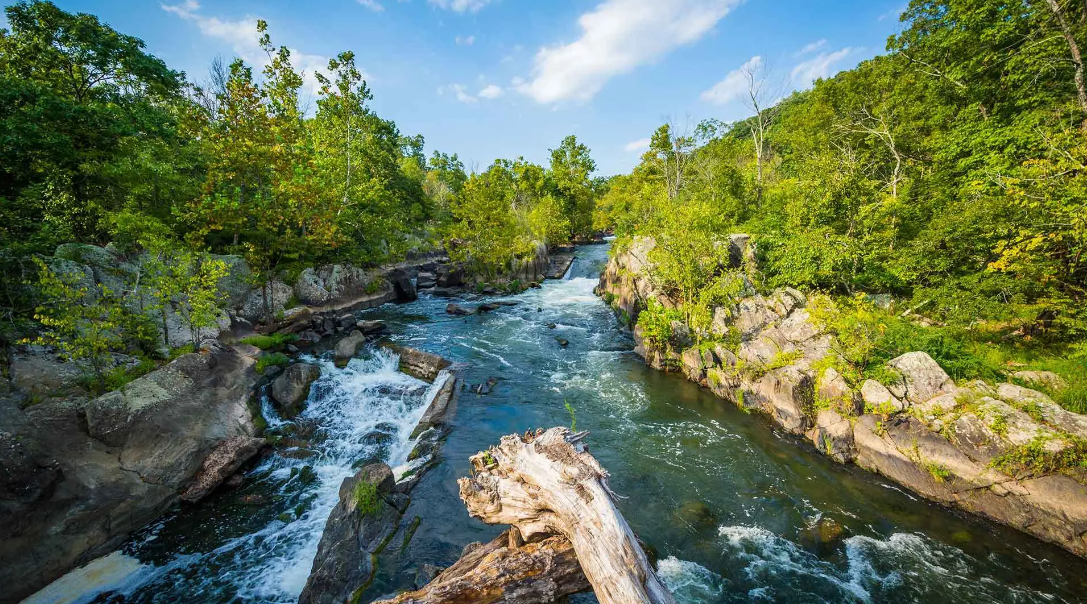Climate Change Is Hurting River Water Quality, New Study Shows. Climate change and extreme weather are taking a significant toll on rivers around the world, according to a new scientific review that includes a University of Maryland geologist as a co-author.
Based on nearly 1,000 case studies, the paper published today in Nature Reviews Earth & Environment showed that droughts, heat waves, rainstorms, floods and long-term climate change diminished the water quality of rivers in most cases.
Research has shown that extreme weather events are becoming more frequent and severe due to climate change, potentially amplifying the threat to river ecosystems. Rivers are important sources of biodiversity that also provide services to communities, including drinking water, crop irrigation, energy generation and recreational opportunities that support local economies.
“When people think of climate change, they think of impacts like rising temperatures and fires, but there are impacts to water quality, too,” said Professor Sujay Kaushal, a contributor to the study who holds a joint appointment in UMD’s Earth System Science Interdisciplinary Center. “We see dead zones in rivers and coastal waters, and we see impacts on our drinking water.”
Climate Change Is Hurting River Water Quality, New Study Shows
The international team of researchers considered multiple markers of water quality: temperature, salinity, dissolved oxygen levels, algal blooms and concentrations of nutrients, metals, microorganisms, pharmaceuticals and plastics.
In 68% of cases involving droughts and heat waves, the researchers found that river water quality deteriorated. They also noted a decline in 56% of cases involving long-term changes in climate, as well as 51% of cases involving rainstorms and floods.
A variety of factors affect river water quality, including water temperature, the volume of flowing water, the surrounding geography and human impacts such as wastewater runoff and land disturbances. Michelle van Vliet of Utrecht University in the Netherlands, who led this latest research, explained that many of these effects overlap.
“Understanding the complex interplay between climate, land use and human drivers, which together influence the sources and transport of pollutants, is crucial,” van Vliet said.
Read more at today.umd.edu
Photo: today.umd.edu


Leave a Reply